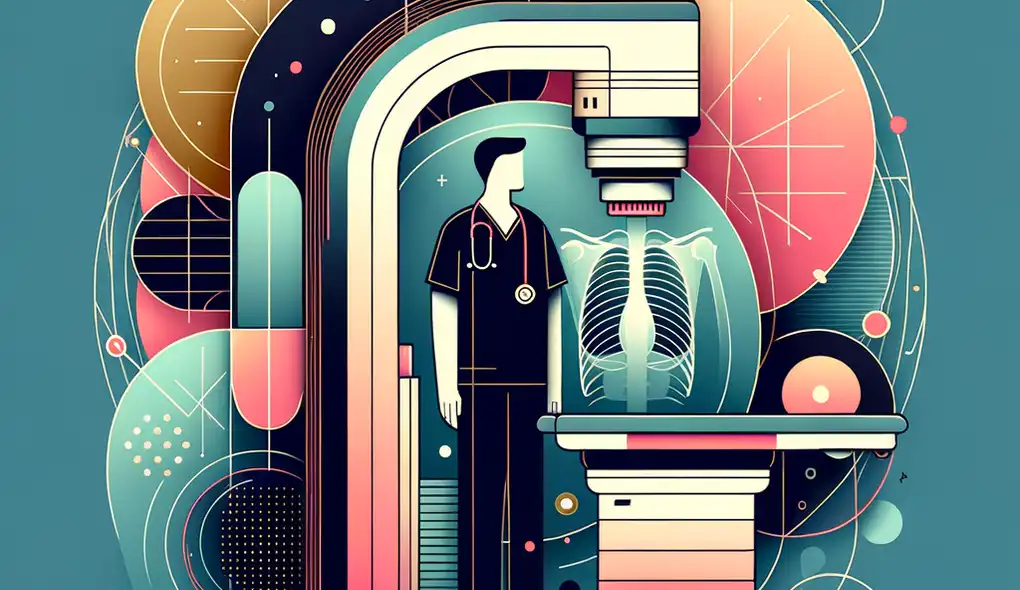How do you handle feedback and constructive criticism from supervisors and colleagues?
X-ray Equipment Specialist Interview Questions
Sample answer to the question
When it comes to feedback and constructive criticism, I believe in maintaining an open and receptive attitude. I understand that receiving feedback is crucial for personal and professional growth, and I always strive to view it as an opportunity to improve. I actively listen to the feedback provided by my supervisors and colleagues, taking notes and asking clarifying questions to ensure I fully understand their perspective. I appreciate specific examples and actionable suggestions that help me implement the necessary changes. Additionally, I believe in respectfully addressing any concerns or misunderstandings that may arise from feedback discussions. Overall, I consider feedback as an invaluable tool for development and continuously strive to implement it to enhance my performance.
A more solid answer
Feedback and constructive criticism are vital for personal and professional growth, and I actively embrace them as opportunities to improve. In my previous role as a radiologic technologist, I received feedback from my supervisor on improving patient communication skills. To address this, I enrolled in a communication skills workshop where I learned effective techniques for conveying complex medical information to patients. This experience allowed me to develop stronger communication skills and significantly enhance the patient experience. I also appreciate constructive criticism from colleagues, as it helps me gain different perspectives and broaden my knowledge. For instance, during a team project, a colleague provided feedback on streamlining our workflow, which resulted in improved efficiency and reduced turnaround time. By acknowledging and implementing feedback, I continuously strive to enhance my performance and contribute to the success of the team.
Why this is a more solid answer:
The solid answer builds upon the basic answer by including specific examples of receiving and implementing feedback. It addresses the candidate's experience in actively seeking growth opportunities and their ability to adapt based on feedback. However, it could benefit from further elaboration on how the candidate communicates with supervisors and colleagues.
An exceptional answer
Constructive feedback plays a crucial role in personal and professional development, and I approach it with a proactive mindset. When receiving feedback from supervisors, I ensure I fully understand their perspective by asking clarifying questions and actively taking notes. One notable example of incorporating feedback was when my supervisor highlighted the importance of optimizing patient communication. In response, I sought mentorship from an experienced radiologist, who provided valuable insights into tailoring explanations based on patients' individual needs. This approach resulted in improved patient satisfaction scores and enhanced overall communication within the healthcare team. Moreover, I actively seek feedback from colleagues by organizing regular meetings to discuss project progress and potential areas of improvement. This collaborative approach fosters a supportive environment, where everyone feels comfortable sharing ideas and constructive criticism. Throughout my career, I have honed my ability to accept feedback gracefully and critically analyze its validity before integrating it into my work. By continuously seeking feedback, implementing suggestions, and reflecting on my growth, I am committed to achieving excellence in my role as an X-ray Equipment Specialist.
Why this is an exceptional answer:
The exceptional answer further expands on the candidate's approach to handling feedback by providing a detailed example of their growth in patient communication skills. It also highlights the candidate's proactive nature in seeking feedback from colleagues and fostering a collaborative environment. The answer demonstrates a commitment to continuous improvement and excellence.
How to prepare for this question
- Reflect on past experiences where you received feedback or constructive criticism. Think about how you handled it, what you learned, and the outcomes of implementing the feedback.
- Consider seeking feedback from colleagues or supervisors in your current role to demonstrate your willingness to receive criticism and apply it to your work.
- Research effective communication techniques, problem-solving strategies, and self-improvement resources to showcase your proactive approach to personal and professional growth.
- Practice active listening skills by participating in mock feedback sessions with a trusted friend or mentor. Pay attention to non-verbal cues, maintain eye contact, and ask relevant questions to show your engagement.
What interviewers are evaluating
- Openness to feedback
- Active listening
- Ability to receive constructive criticism
- Effective communication
- Desire for personal and professional growth
Related Interview Questions
More questions for X-ray Equipment Specialist interviews